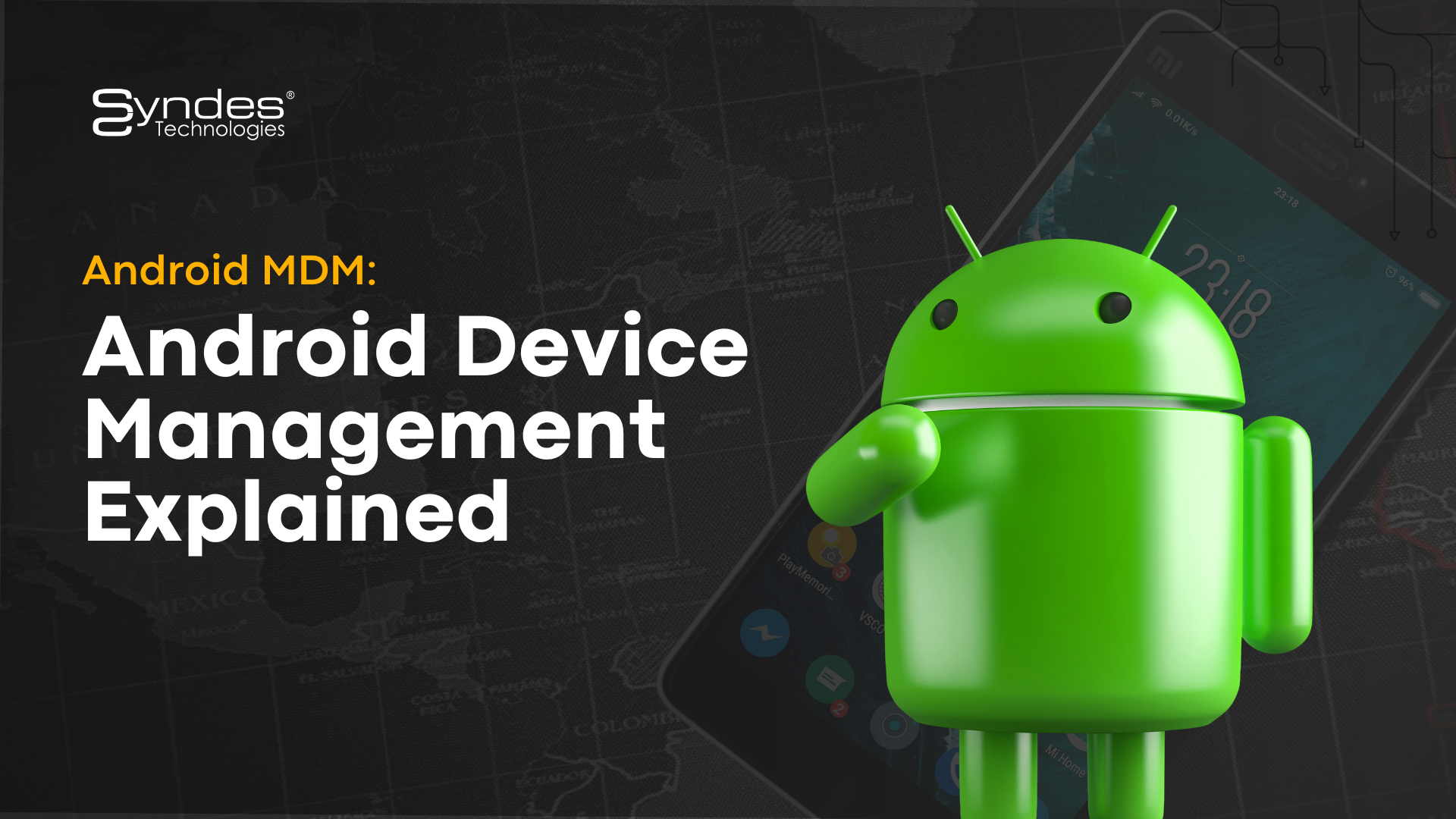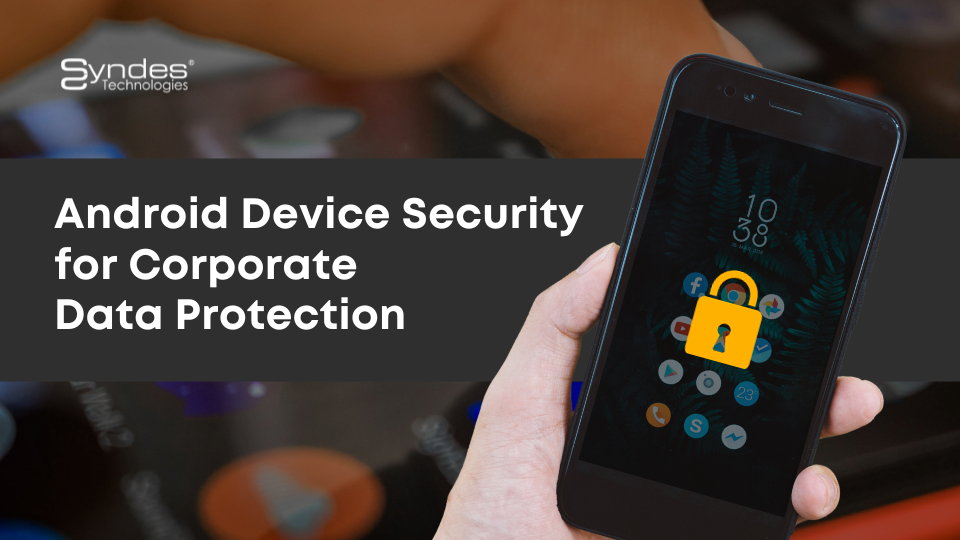
What is BYOD (bring your own device) and Why is it Important for Gen-Y Companies
What is BYOD (bring your own device)?
The term “BYOD” stands for Bring Your Own Device. The Bring Your Own Device (BYOD) culture is a growing trend that is being embraced by Enterprises to allow their employees to use their personal devices like laptops, smartphones, tablets, etc. for work. This enables the employees to work more efficiently as they are more comfortable using their own devices, be flexible with the time and place they work, and hence be more productive. Additionally, this could save businesses from investing in an expensive process of device distribution
However, the growing BYOD trend has significant concerns related to corporate data security. Organizations are required to devise an efficient BYOD management program to gain more control over devices used for business activities.
Gen-Y sometimes also known as ‘the millennial’ generation make up the largest segment of the workforce (will reach 75% by 2025). They heavily rely on technology not just for work, but also for their day-to-day activities. Millennials use their personal devices for work, the primary drivers being – the ability to stay connected, even while at work.
Companies hiring millennials have thus realized that they cannot stop employees from using their personal devices for work, rather they can use this trend to their advantage.
Importance of BYOD for Gen-Y Companies
Few Facts First
According to a few studies:
- 82% of respondents say smartphones and similar tools are important to employee productivity
- 61% of organizations expect employees to be available remotely, even if they don’t provide a company phone.
- Majority of mobile employees carry a smartphone on their travels: 54% tablets, 51% Android phone, 41% iPhone.
- 1 in 4 business travellers (who are not self-employed) uses their personal electronic devices when they travel for work.
- 300 companies found half had employees who bring their own devices to work, while only 35 per cent had policies allowing such behaviour.
Let’s see why adopting BYOD is so critical for the Gen-Y business.
Millennials are tech-dependent
Gen-Y does not only uses technology but is also addicted to it. They use technology for work, entertainment, shopping, planning, fitness, and a lot of other activities. Most employees view BYOD (bring your own device) as a right, and not just a privilege. To provide a comfortable work environment and technology-flexibility companies have to cater to the BYOD demands of the employee.
Gen-Y actively uses personal devices for work
Personal devices are configured the way exactly a user needs them to be – preferred settings and formats, favourite apps, contact lists, speed dials, etc. It is convenient to use one device for both work and personal use without having to switch between devices or forgetting one at home or work. If the device is set-up as desired, it results in increased productivity.
According to a Frost and Sullivan study sponsored by Samsung, “Respondents report that as a result of using smartphones to get work done, they gain nearly an hour (58 minutes) of work time each day.” They also reported a 34% increase in productivity.
Diverse devices and platforms
For a tech-enabled worker, no device or platform is off the table. Millennials are quick to adopt technological advancements. Most workers will have the latest model or feature on their devices and corporate-owned devices cannot keep pace with that. BYOD lets employees use the technology of their choosing.
Messaging, File-Sharing, Cloud Services, and Social Networking
Instant messaging and file-sharing platforms have become imperative for office communication and data sharing.
Social networking applications like Facebook and LinkedIn have had an enormous impact on both personal and professional circles of Gen-Y workers. Social media platforms like Facebook for Work have integrated personal profiles, activity feeds, and status updates into business tools.
Cloud services, on the other hand, provide a third-party infrastructure to access and operate on data and applications from remote places.
These collaboration tools have provided an ecosystem to ease, simplify, and provide seamless communication channels to enhance efficiency and productivity.
Organizations now are at an increased risk of exposing their intellectual property as now can easily share files on unsecured networks or save files on their devices and hence businesses are expected to employ BYOD (bring your own device) program management to balance flexibility and security.
Gen-Y may bypass security policies for convenience
A survey conducted by Fortinet in 2013, shows that “among employees aged 21-31, more than half would circumvent any company policy banning the use of personal devices at work or for work purposes.”
This was an eye-opener for many organizations that had strict anti-BYOD policies. The need is to acknowledge the employees’ need for connectivity and access and devising strong BYOD (bring your own device) policies to manage personal devices used for work. This also includes educating employees of possible threats like device sharing, connecting through open-networks, installing untrustworthy apps on their devices, weak authentication mechanisms, etc.
Sorry, the comment form is closed at this time.





